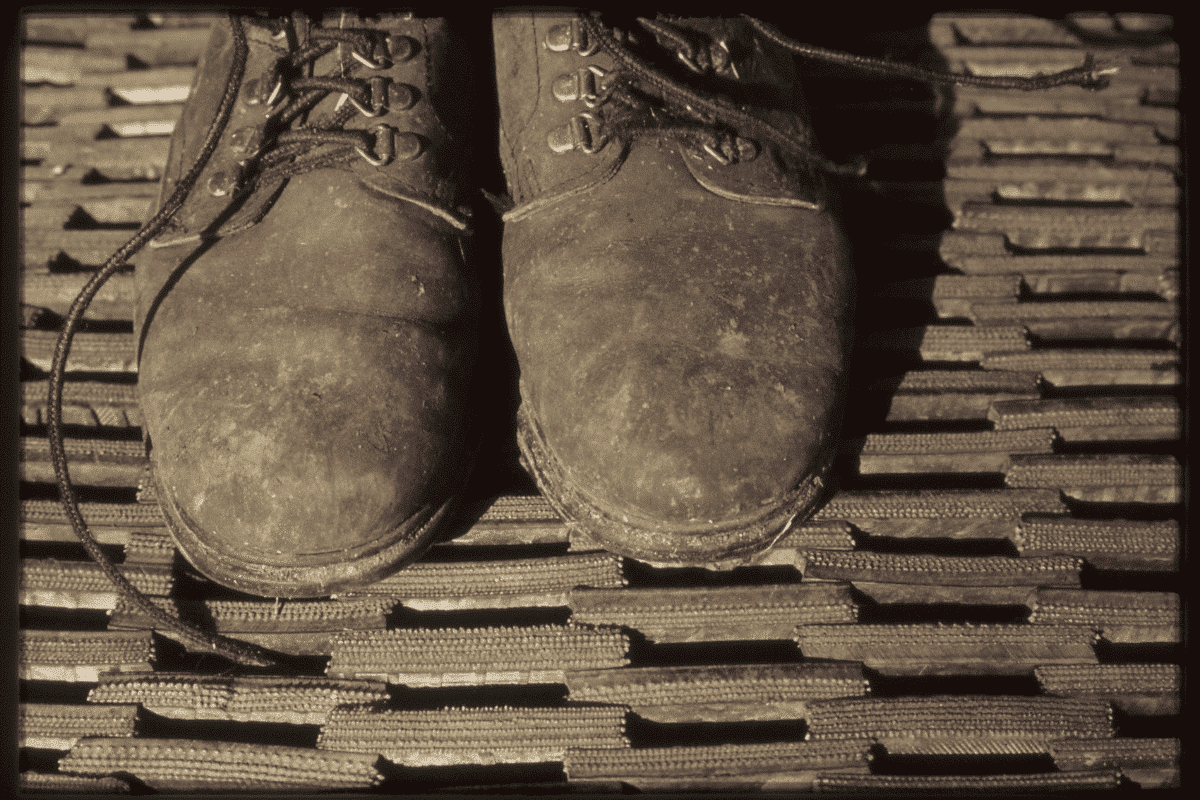
Knowing what to do immediately following an auto accident in West Virginia may be essential to helping drivers protect themselves and their rights.
Summer months mean traveling for a lot of people in West Virginia. When the weather is nice, it leads to more vehicles on the road. Even if they follow the traffic laws to the letter, drive defensively and take other precautions, motorists may still, at some point, be involved in a car accident. In fact, the National Highway Traffic Safety Administration reports that 358 drivers across the state were involved in fatal wrecks in 2016 alone, and many more were involved in motor vehicle collisions that resulted in serious injuries or property damage. Getting into a motor vehicle accident can be a harrowing experience after which people may find themselves stunned and unsure how to proceed. Knowing what steps to take immediately following a collision may help them protect themselves and their rights.
Stay at the Scene
After a motor vehicle accident, state law requires that drivers immediately stop their vehicles and remain at the scene. Sometimes, however, doing so may put them in further danger and create a hazard for other motorists. In such cases, people are permitted to move their vehicles out of traffic to an area nearby and return to the scene to complete their obligations. Failing to stay at or return to the scene could be considered a misdemeanor or felony-level offense and carry penalties ranging from fines to a driver’s license suspension or jail time.
Exchange Information
Drivers who are involved in auto accidents have a duty under state law to exchange information with one another. This includes providing their names, valid telephone numbers, the pertinent details for the vehicles involved and their insurance information. It is also a good idea for people to obtain the contact information for any witnesses to the collision, as well as the passengers in both vehicles. Such details may be helpful in the event either side chooses to take legal action.
Document the Scene
When law enforcement is called out to car collision scenes, they often take a report, which includes getting statements from those involved and documenting where the accident occurred. It is advisable for motorists to obtain a copy of these reports for their own records; however, it is also suggested that they document the scene for themselves. This includes photographing the area where the wreck occurred, the vehicles involved and any visible injuries.
Seeking Legal Guidance
When people in West Virginia are involved in auto accidents, they may suffer serious injuries that require time off work to recover, as well as extensive medical treatment. Consequently, they may face challenges such as lost wages and mounting medical bills, in addition to their physical and emotional pain and suffering. Under some circumstances, though, the responsible drivers may be held financially liable for these and other resulting damages. Therefore, those who have suffered injuries as a result of motor vehicle collisions may benefit from discussing their rights and options for pursuing compensation with our attorneys.

Rule #1: Don’t Delay in Seeking Medical Treatment
It may seem obvious, but it’s best to go to a doctor right away to get checked out, even if you don’t feel that you’ve been injured. The insurance companies will look at the time from the accident to when you sought treatment.
Rule #2: Your Doctor Is Not Your Lawyer
Many doctors — like orthopedists, physical therapists and neurologist who see a lot of people in accidents — may want to give you legal help. They may steer you to a lawyer and tell you how to deal with the insurance company. The last thing you want is advice that is not in your best interests concerning the insurance company. Insurance companies will track if the doctor sends all of his patients to a particular lawyer, and use this information against you.
Rule #3: Factor in Your Injury with Your Ability to Work
If you are injured, you will miss time from work. If your doctor gives you an off-work slip, it’s important that your doctor actually know what you do for a living — whether it’s heavy manual labor or office work.
Rule #4: Keep Up With Your Treatment and Appointments
Many people stop going for treatments when they start to feel better. If you don’t get better and the pain or disability lingers, and you were told to go for four weeks of treatment and you only went for one week, the insurance company will use this against you, and say your pain your fault.
Rule #5: Keep Good Medical Records
If you’re dealing with an insurance company, it will have you sign a medical release and get your records. You should get those records first and look at them. There have been cases where the doctor mixed up patient A with patient B. At least know what’s in there so that you can correct it if need be, before it goes to the insurance company.




